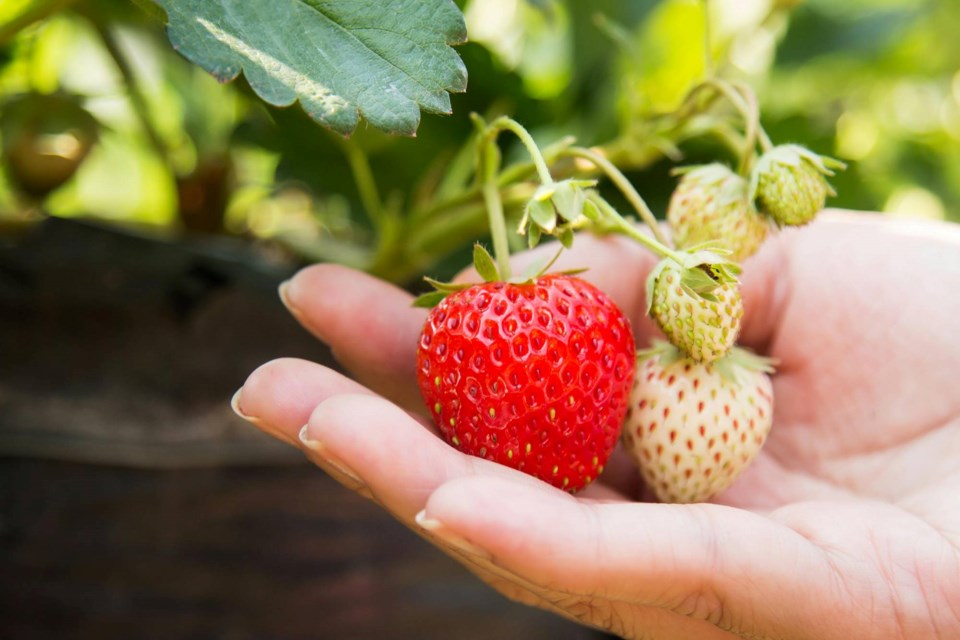For more than 40 years, the Ecological Farmers Association of Ontario (EFAO) has promoted ecological ways of farming through its programming and other resources.
But, more recently, as the organization looked for ways to make their services more inclusive, it realized it could do more to support Indigenous growers, noted Ali French, the organization’s executive director.
“We're always trying to do programming based on the input and the needs of our members,” French said. “Going back the last four years, EFAO’s been working to prioritize anti-racism, equity and belonging work, and I think one of our recognitions is that we hadn't been doing as much programming based on the input of our Indigenous members.
“And, also, in doing this work, we just became committed to building new relationships, having new conversations.”
As part of that work, EFAO brought on Annette Peltier-Flamand, a Wiikwemkoong Unceded Territory grower, as a new board member, and, last year, struck an Indigenous Outreach and Engagement Steering Committee to provide advice on engaging with Indigenous communities.
Its priorities centred on Indigenous food sovereignty, Indigenous agriculture, seed stewardship and protection, and land empowerment and protection.
The EFAO’s work is being supported with $194,055 in FedNor funding, which the organization received in May.
Allison Muckle, EFAO’s Sudbury-based director for northern outreach, new farmer programs, and operations director, said that a big strength of the EFAO is its ability to bring growers together to learn from each other.
They do this through a number of avenues, including workshops, in-person networking events, and farm tours, which will continue to take place this summer.
“We’re also going to be supporting some regional gatherings for Indigenous growers specifically, so that people can hear what’s happening in other communities and meet other growers and share knowledge that way,” Muckle said.
EFAO will additionally be providing online human resources training for farmers in partnership with the National Farmers Union Ontario.
To date, EFAO has held workshops on wild rice planting, seed sovereignty and seed production, pastured poultry production, engaging youth in revitalizing food systems, traditional ecological knowledge and Indigenous science, and traditional three sisters plantings (the “three sisters” are known as corn, beans and squash).
More workshops are scheduled for this summer. Participants will learn about strawberry production and cultural practices around strawberries, food forests, greenhouse growing in the North, growing wild rice, corn lyeing and making corn washing bags, and more.
“I think there are a lot of young people who are interested in reconnecting with the land and reconnecting with their culture through land-based activities, and land-based food sovereignty,” Muckle said.
“We've really heard a lot about the connection between culture and food production and language and spirituality, and just the interconnectedness of all of that.”
French said the EFAO is also looking at setting up mentorship opportunities to connect different Indigenous growers, or connect Indigenous growers with non-Indigenous growers, on topics of mutual interest, like seed growing or starting a business.
They’ll also be doing soil testing in relation to contamination from industrial activities, including mining — an area that’s new for the EFAO.
Dates and times for upcoming workshops are forthcoming. Indigenous growers and farmers that are interested in the EFAO, its work, or any of the workshops being held this summer are encouraged to contact Taryn Bobiwash, the organization’s Indigenous outreach and engagement coordinator, at taryn@efao.ca for more information.
